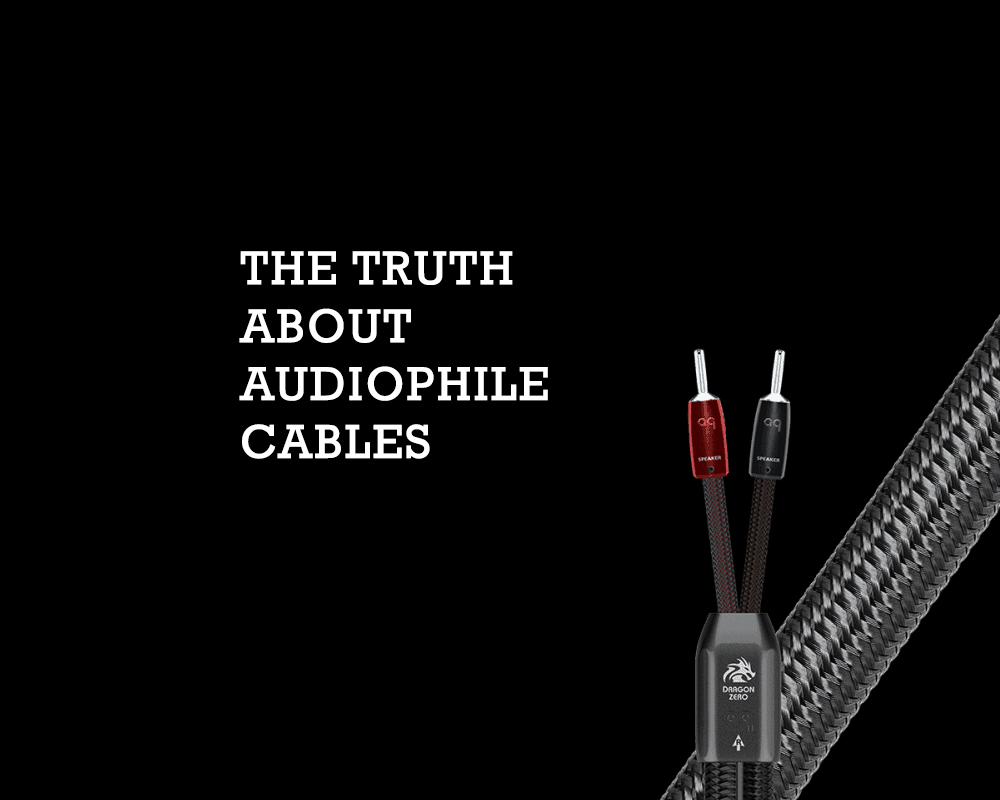How Sound Affects Our Emotions and Behavior
Have you ever noticed how a certain song can make you feel happy, sad, or even angry? Or how the sound of someone’s voice can affect the way you perceive them? This is because sound has a profound effect on our emotions and behavior, and understanding the psychology of audio can help us better appreciate the power of sound in our lives.
Let’s start with the basics: sound is a physical phenomenon that travels through the air as waves, and these waves vibrate our eardrums, sending signals to our brains that we interpret as sound. But sound is much more than just a physical sensation – it can also evoke powerful emotional responses that shape our behavior.
Audio moods
For example, research has shown that music can have a powerful effect on our mood, with different types of music having different emotional effects. Upbeat and fast-paced music can increase our energy and motivation, while slow and melancholy music can evoke feelings of sadness or nostalgia. So, if you’re feeling down, you might want to put on some happy tunes to lift your spirits.
But it’s not just music that can affect our emotions – the tone and texture of someone’s voice can also have a powerful impact on the way we perceive them. A high-pitched or nasal voice, for example, might make someone seem annoying or grating, while a deep, rich voice can make them sound more authoritative or trustworthy. So, if you want to make a good impression on someone, it might be worth practicing your “radio voice.”
The frequency of sound waves can also have an impact on our emotions and behavior. For example, low-frequency sounds (like those produced by a bass guitar) can create a sense of heaviness or tension, while high-frequency sounds (like those produced by a violin) can create a sense of lightness or delicacy. So, if you’re trying to set the mood for a romantic evening, you might want to break out the violins and leave the bass guitar in the closet.
Of course, not all of us are audiophiles, and we don’t all have perfect pitch or an encyclopedic knowledge of music theory. But even if you don’t know a major chord from a minor one, you can still appreciate the psychological effects of sound and use them to your advantage. Whether you’re trying to lift your mood, impress someone with your voice, or just create a certain atmosphere, understanding the power of sound can help you achieve your goals.
So, the next time you’re feeling down, try putting on some happy music to lift your spirits. And if you want to make a good impression on someone, try practicing your “radio voice” and see how they respond. Who knows, you might just become the life of the party – or the next big voiceover artist.




